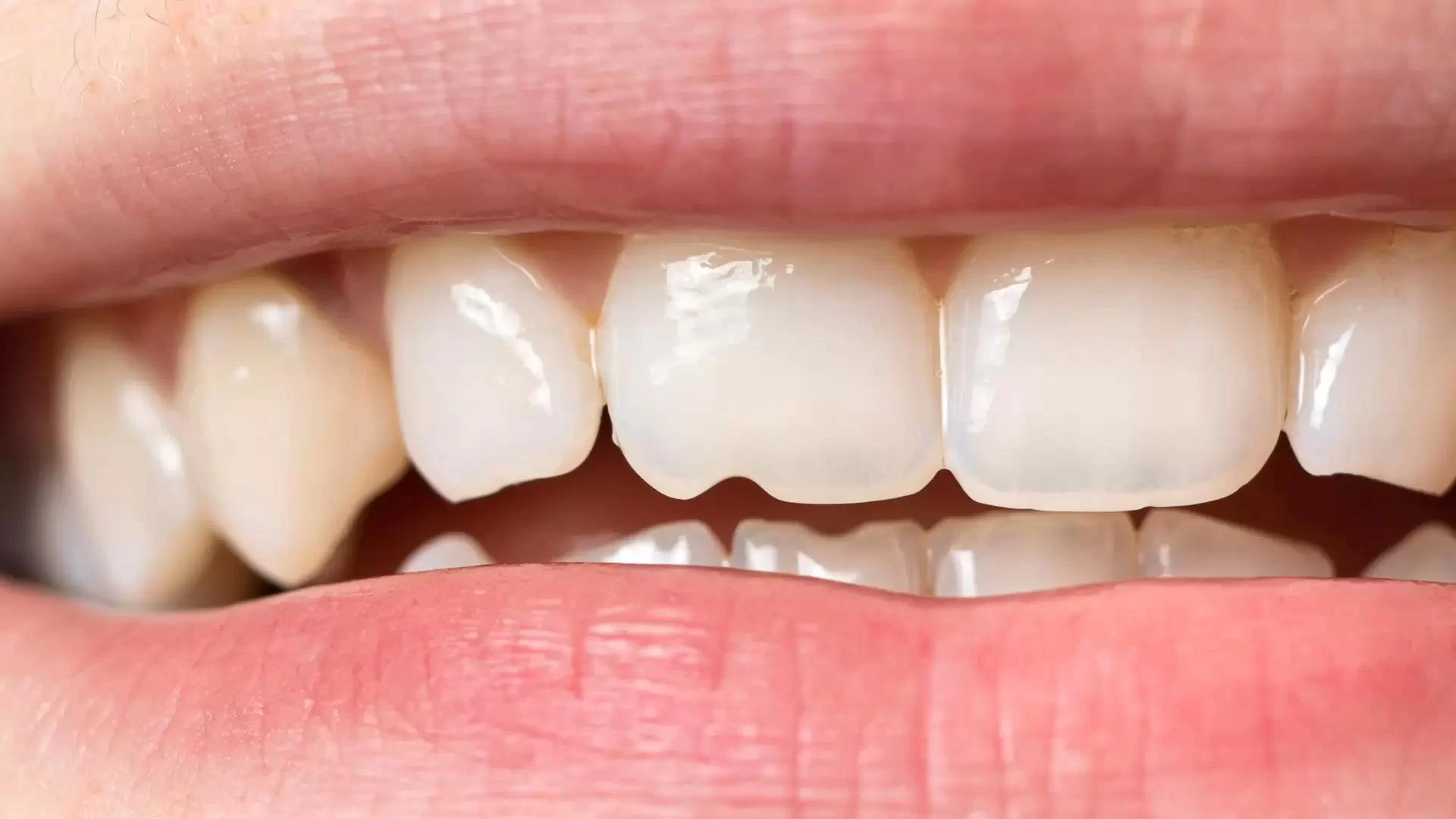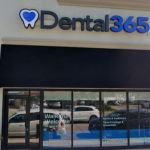
How to Prevent Tooth Erosion from Acidic Foods: Essential Tips for Protecting Your Enamel
- 1. Understanding Tooth Erosion and Its Causes
- 2. The Impact of Acidic Foods on Your Teeth
- 3. How Acidic Foods Affect Tooth Enamel
- 4. How to Prevent Tooth Erosion from Acidic Foods
- 5. Best Practices for Oral Care to Prevent Erosion
- 6. Protective Products to Help Prevent Tooth Erosion
1. Understanding Tooth Erosion and Its Causes
Tooth erosion is a process where the outer layer of your teeth, known as enamel, begins to wear away. This erosion can lead to sensitivity, discoloration, and even the loss of tooth structure if not addressed early. Acidic foods and drinks, such as citrus fruits, soda, and wine, are major contributors to enamel erosion. Over time, these acids break down the protective outer layer of the teeth, leaving them vulnerable to damage. If you're wondering how to prevent tooth erosion from acidic foods, you’ve come to the right place. Understanding the causes of this damage is the first step in protecting your smile.
2. The Impact of Acidic Foods on Your Teeth
Acidic foods and drinks are not only delicious but also potentially harmful to your teeth. Citrus fruits like lemons and oranges, soft drinks, and even certain vinegars contain acids that can slowly wear down your enamel. I’ve seen how constant exposure to these acids can lead to noticeable signs of tooth erosion, such as thinning enamel and increased tooth sensitivity. It’s essential to be aware of how often these foods come into contact with your teeth, especially if they are consumed regularly throughout the day.
3. How Acidic Foods Affect Tooth Enamel
Enamel is the hard, protective outer layer of your teeth that keeps them strong and healthy. It is the hardest substance in your body, but it’s not invincible. When you consume acidic foods, the acid interacts with the minerals in your enamel, softening it temporarily. This makes it easier for plaque and bacteria to damage your teeth. I learned this the hard way when I started noticing that my teeth were more sensitive to cold drinks after regularly eating citrus fruits. When the enamel softens, it’s more prone to erosion, and the more often you expose your teeth to these acids, the more damage they incur over time.
4. How to Prevent Tooth Erosion from Acidic Foods
Now that we know how harmful acidic foods can be, the next step is learning how to prevent tooth erosion from them. Here are some effective strategies that have worked for many people:
4.1. Limit Acidic Food Intake
One of the most effective ways to prevent tooth erosion is to limit the consumption of acidic foods and drinks. While it's difficult to avoid them completely, I found that reducing the frequency of these foods can significantly reduce the risk of enamel damage. If you’re a fan of citrus fruits or soda, try to consume them less often and in smaller quantities. Additionally, avoid sipping on acidic drinks throughout the day, as prolonged exposure to acid can increase the risk of enamel erosion.
4.2. Use a Straw
If you do choose to drink acidic beverages, such as juice or soda, using a straw can help minimize contact between the liquid and your teeth. I started using a straw for my morning orange juice, and it made a big difference. By directing the liquid toward the back of your mouth, you reduce the acid’s contact with the enamel on the front teeth, which can prevent unnecessary damage.
4.3. Wait Before Brushing
After consuming acidic foods or drinks, your enamel is temporarily softened. Brushing your teeth immediately after can cause more damage, as the bristles of the toothbrush may further erode the weakened enamel. I used to brush my teeth right after a glass of lemonade, but now I wait at least 30 minutes before brushing to allow my enamel to re-harden. During this time, I also rinse my mouth with water to help neutralize the acids.
5. Best Practices for Oral Care to Prevent Erosion
Good oral care practices are essential in preventing tooth erosion and maintaining strong enamel. Here are some habits that can make a significant difference:
5.1. Brush with a Soft-Bristled Toothbrush
Brushing your teeth twice a day is important for overall oral hygiene, but using a hard-bristled toothbrush can cause more harm than good. I switched to a soft-bristled toothbrush after realizing that a firmer brush can contribute to enamel erosion. A soft brush is gentler on the enamel and can still clean your teeth effectively without causing damage.
5.2. Use Fluoride Toothpaste
Fluoride toothpaste is one of the best ways to protect your enamel. Fluoride helps to remineralize the enamel and makes it more resistant to acid attacks. After switching to fluoride toothpaste, I noticed a significant reduction in tooth sensitivity and improved overall oral health. It’s a simple yet effective step in protecting your teeth from erosion.
5.3. Rinse with Water After Meals
If you’ve just had an acidic snack or meal, rinsing your mouth with water can help neutralize the acids. I’ve made it a habit to rinse with water after eating citrus fruits or drinking acidic beverages. This simple step can make a world of difference in preventing long-term damage to your enamel.
6. Protective Products to Help Prevent Tooth Erosion
In addition to good oral care practices, using protective dental products can help reduce the risk of tooth erosion. There are some excellent products designed to protect your enamel, including:
6.1. Enamel-Strengthening Mouthwash
Enamel-strengthening mouthwash contains ingredients like fluoride that help remineralize and protect your teeth. I’ve found that incorporating this into my daily routine has helped keep my enamel strong and resilient against acidic foods. It’s a simple addition that can go a long way in preserving your tooth health.
6.2. Toothpaste for Sensitive Teeth
If you’re already noticing signs of tooth sensitivity, using toothpaste designed for sensitive teeth can help alleviate discomfort. These toothpastes often contain ingredients that protect the enamel and reduce pain caused by erosion. I recommend using one of these products if you’re concerned about sensitivity due to acid exposure.
6.3. Chewing Sugar-Free Gum
Chewing sugar-free gum, especially after meals, can help stimulate saliva production, which naturally helps neutralize acids in your mouth. I chew gum after meals as part of my strategy to protect my teeth, and it’s made a noticeable difference in my oral health.
By following these tips and making small changes to your daily routine, you can effectively prevent tooth erosion from acidic foods and protect your enamel. If you’re interested in learning more about enamel care or need dental products designed to protect your teeth, visit Dentistry Toothtruth to explore a range of oral care solutions.







 Kool Koala Pediatric and Adolescent Dentistry4.0 (463 review)
Kool Koala Pediatric and Adolescent Dentistry4.0 (463 review) Smile Central Dental4.0 (506 review)
Smile Central Dental4.0 (506 review) Equitas Health Short North Medical Center3.0 (96 review)
Equitas Health Short North Medical Center3.0 (96 review) Isthmus Dental, Ltd4.0 (215 review)
Isthmus Dental, Ltd4.0 (215 review) Princeton Dental Dr. Kevin F. Blair, DDS5.0 (3 review)
Princeton Dental Dr. Kevin F. Blair, DDS5.0 (3 review) Dental365 - Bellmore4.0 (318 review)
Dental365 - Bellmore4.0 (318 review) The Importance of Oral Health Education During Pregnancy for a Healthy Pregnancy
The Importance of Oral Health Education During Pregnancy for a Healthy Pregnancy Best Tips for Brushing Your Teeth Properly for Healthy Gums: Essential Techniques for Oral Health
Best Tips for Brushing Your Teeth Properly for Healthy Gums: Essential Techniques for Oral Health Why Skipping Dental Checkups Can Lead to Bigger Oral Health Problems
Why Skipping Dental Checkups Can Lead to Bigger Oral Health Problems Advantages of Porcelain Dental Restorations
Advantages of Porcelain Dental Restorations How Can Diabetes Cause Tooth and Gum Problems? Preventing and Managing Oral Health Issues
How Can Diabetes Cause Tooth and Gum Problems? Preventing and Managing Oral Health Issues Healthy Habits for Promoting Good Oral Health and Hygiene: Tips for a Healthy Smile
Healthy Habits for Promoting Good Oral Health and Hygiene: Tips for a Healthy Smile